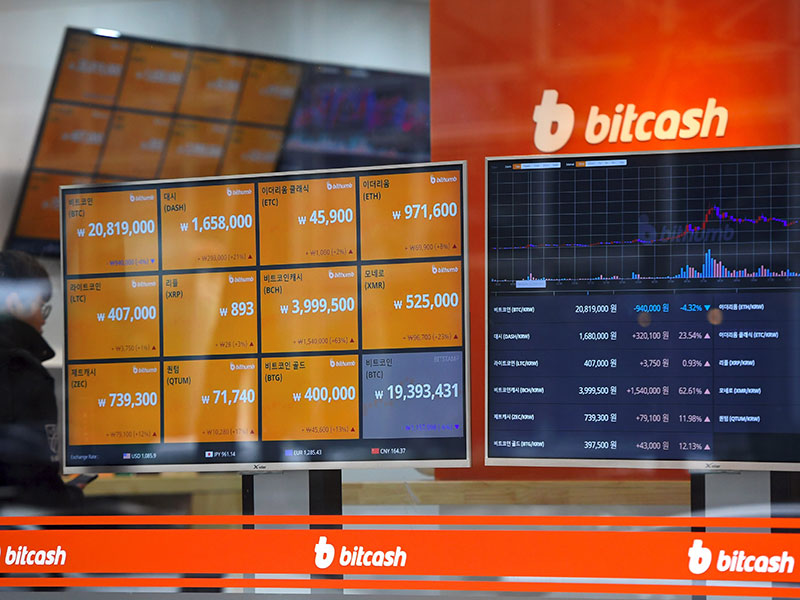South Korea will not ban cryptocurrencies, but plans to ramp up regulation continue
While South Korea will not ban cryptocurrency trading, regulatory efforts are likely to increase following an investigation into the illegal trading of electronic coins

As part of the South Korean Government's drive to regulate cryptocurrencies, a new law forcing crypto-traders to use bank accounts with real identities on the country’s platform came into force on January 30
On January 31, South Korea’s Finance Minister, Kim Dong-yeon, confirmed the government would not be banning cryptocurrency exchange platforms, but reiterated the country’s stance on enhancing trading regulations remained firm. The news came as the South Korean customs department revealed a broad investigation into cryptocurrency activity found evidence of $600m worth of illegal trading on exchange platforms.
The crimes uncovered by the customs department primarily concerned the illegal use of cryptocurrencies for foreign exchanges that should have been overseen by licensed brokers and banks. The trading violated South Korean law, which stipulates overseas exchanges of over $3,000 require extensive documentation to be supplied to tax authorities. The investigation found Korean investors purchased KRW 1.7bn ($1.6m) worth of cryptocurrencies that were illegally transferred to foreign companies via virtual wallets.
South Korea’s statement will likely mollify investors, who have been wary since the country’s justice minister indicated cryptocurrency exchanges could be banned
South Korea’s statement will likely mollify investors, who have been wary since the country’s justice minister indicated cryptocurrency exchanges could be banned as they have been in China. A petition opposing the ban collected over 200,000 signatures, prompting the government to soften its stance to one of increased regulation instead. As part of this drive, a new law forcing crypto-traders to use bank accounts with real identities on the country’s platform came into force on January 30.
Amid the mixed messages from South Korea, the value of cryptocurrency has plummeted. Bitcoin fell by 29 percent this month, in no small part due to concerns the South Korean market would close. South Korea controls nearly 12 percent of global crypto-trade, and is Asia’s fourth-largest economy. As such, crypto-enthused investors are willing to pay a premium of nearly 40 percent on coins due to the extraordinary demand in the country.
The appeal of cryptocurrencies has often been their perceived freedom from government regulation and the additional bank charges levied on the exchange of traditional currencies. However, government action in Asia could permanently undermine this.
With Facebook banning cryptocurrency advertisements after reviewing its financial products services and South Korea poised for further regulation, blockchain-based currencies may struggle to replicate the popularity and growth of years gone by.













